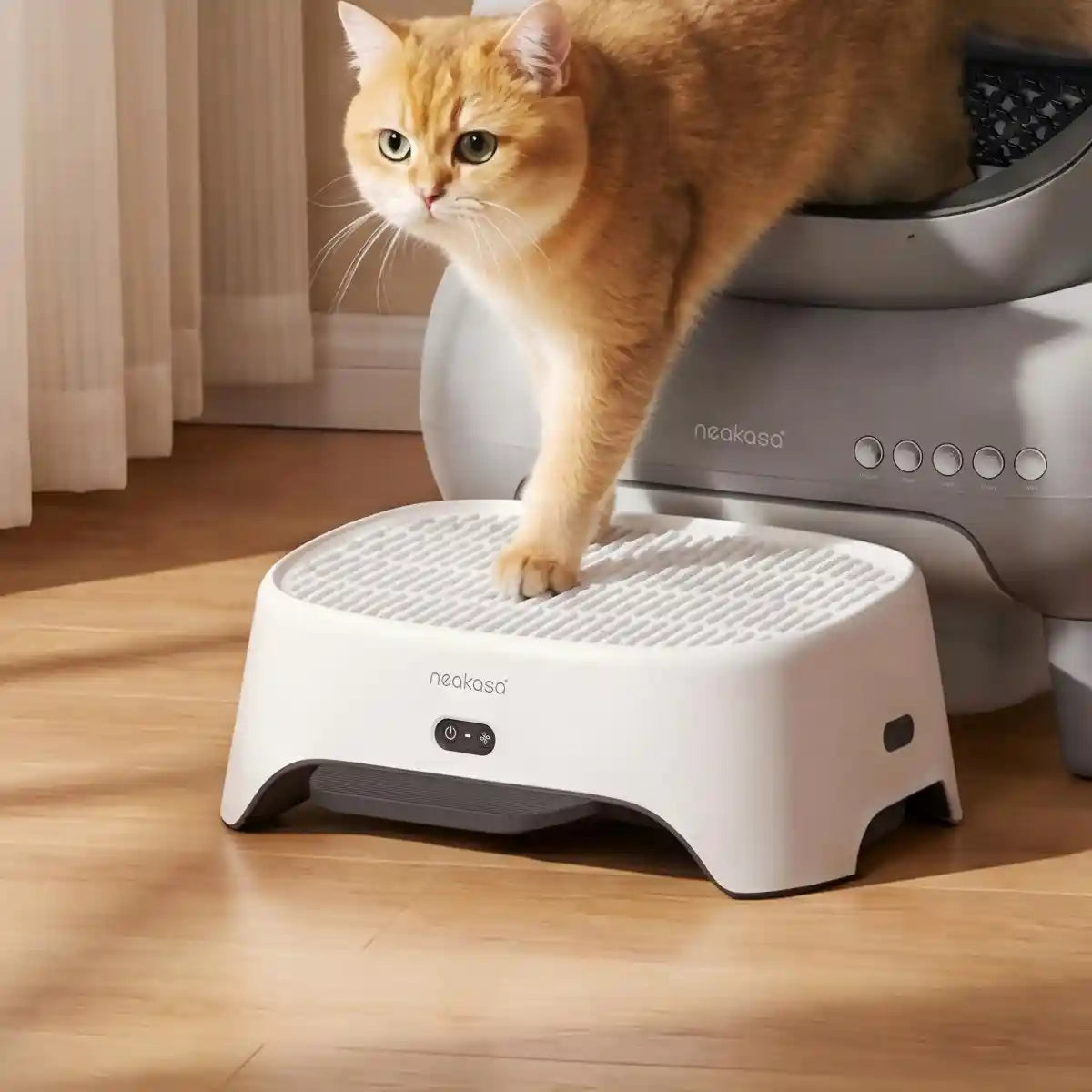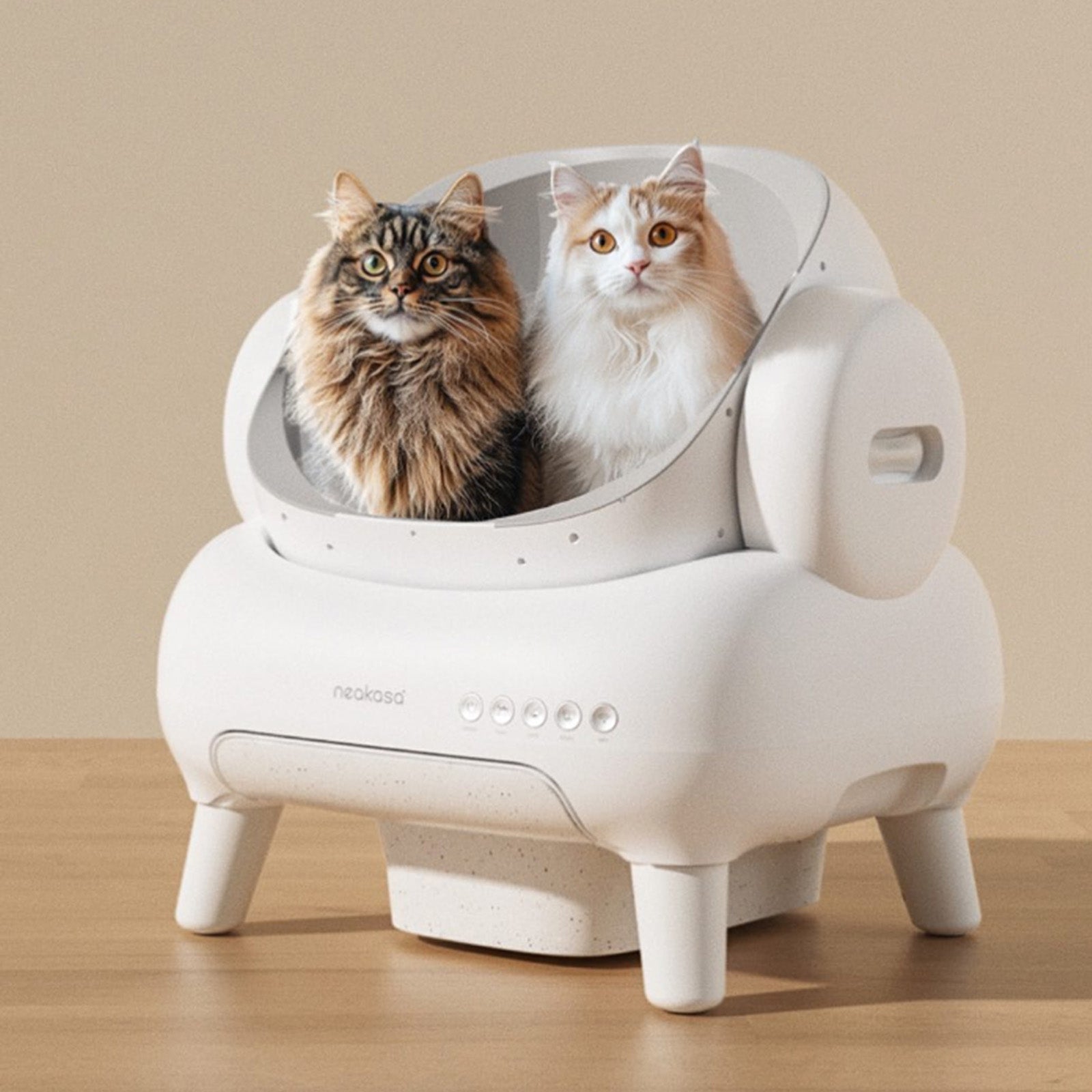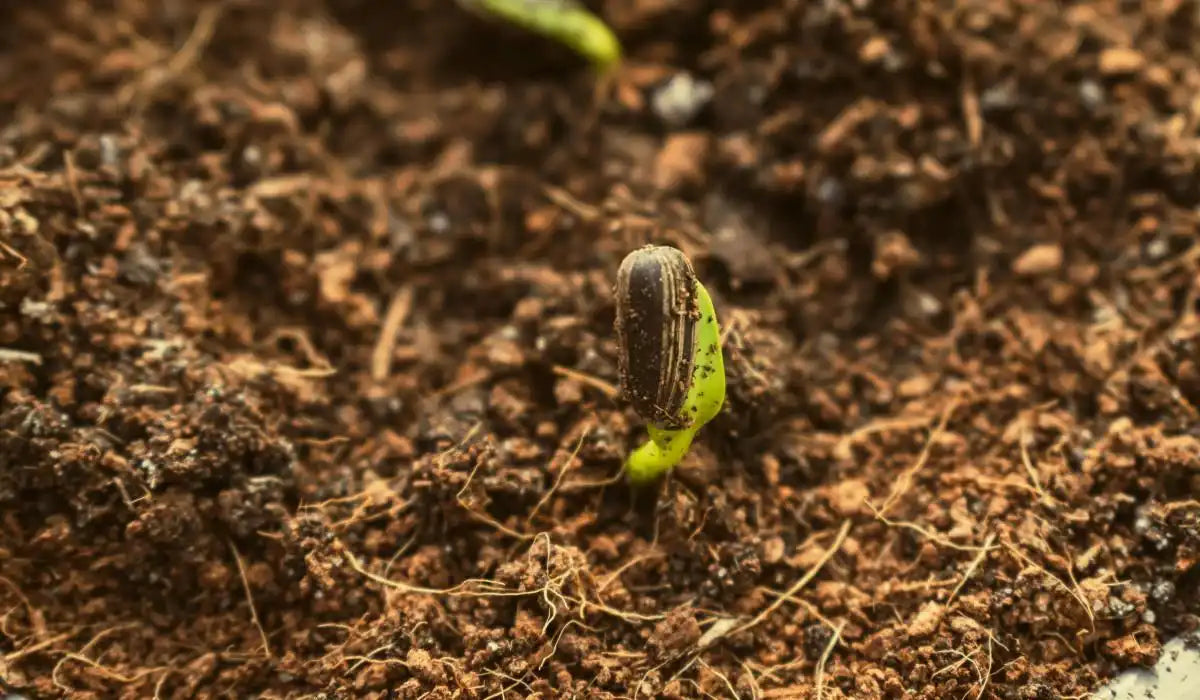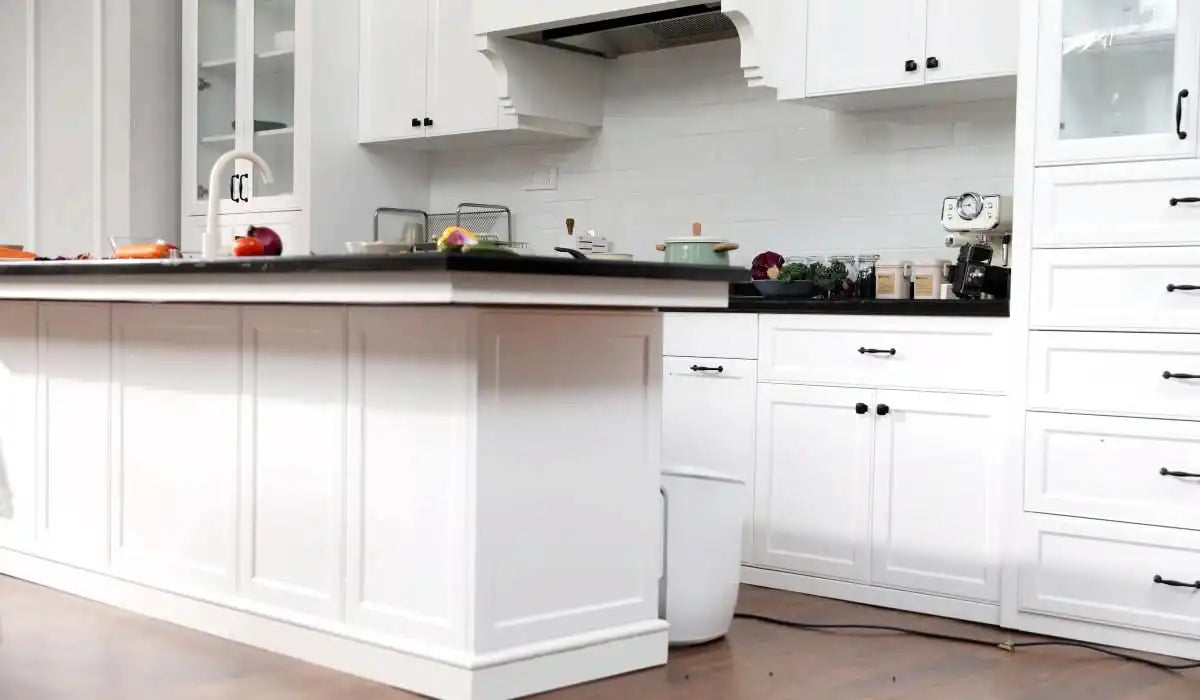
Dealing with compost odors is a common concern for those new to composting and even seasoned composters.
While compost is known for its earthy, natural scent when balanced properly, it can quickly develop unpleasant smells if certain conditions aren't met. Whether it's the result of too much moisture, improper aeration, or the wrong materials being added, these smells can be a deterrent to keeping your compost healthy.
But does compost have to smell bad? The answer is no!
With the right techniques and a little maintenance, you can keep your compost smelling fresh and odor-free. In this guide, we'll explore practical solutions for keeping your compost from becoming a smelly problem.
Top 7 Reasons Why Your Compost Smells
Here’s a breakdown of common causes of compost odors and their corresponding solutions, to help you keep your compost pile odor-free:
Imbalance of Green and Brown Materials
- Cause: If your compost contains too much green material (nitrogen-rich), such as food scraps or grass clippings, and not enough brown material (carbon-rich), like leaves or paper, it can create a wet and smelly environment.
- Solution: Maintain the right balance by adding 2-3 parts brown materials for every 1 part green material. This helps absorb moisture and reduces the likelihood of bad smells.
Lack of Aeration
- Cause: Over-packing or compacting the compost can prevent proper air circulation, leading to anaerobic bacteria dominating the pile. This can result in strong odors.
- Solution: Avoid pressing down on the compost and regularly turn your compost pile to introduce oxygen. Ensure the pile is loosely structured to allow for sufficient airflow. Aim to turn it at least once a week. Adding bulkier brown materials like straw or cardboard can also improve airflow.
Excess Moisture
- Cause: Excess moisture can be a major contributor to compost odors, particularly when the pile becomes too wet or waterlogged. This often happens when a large amount of wet or dense materials, such as fruit peels or coffee grounds, are added all at once. Without proper drainage, this creates an anaerobic (oxygen-poor) environment, resulting in foul, rotten smells.
- Solution: To prevent this, it's important to manage the moisture levels in your compost. Gradually add wet waste in smaller quantities and always balance it with dry materials like shredded paper, sawdust, or dry leaves to absorb excess moisture. Ensure your compost pile has good drainage to avoid water buildup, and aim to maintain a damp, but not soggy, texture in the compost.
Adding the Wrong and Non-Compostable Materials
- Cause: Certain items like meat, dairy, oily foods, and non-compostable materials (such as plastics, synthetic fabrics, or treated wood), can slow down the composting process and contribute to foul odors. Animal products and fats break down slowly, attracting pests and creating unpleasant smells, while non-compostable materials do not break down at all and can release harmful chemicals or odors.
- Solution: Stick to composting plant-based food scraps like vegetables, fruits, coffee grounds, and organic yard waste. Avoid adding animal products, fats, oils, plastics, and synthetic materials. Also, avoid adding weeds or diseased plants, as they can cause further issues. Ensure you’re composting only items that will decompose properly and check local guidelines for approved compostable materials to prevent odor and contamination issues.
Poor Compost Bin Placement
- Cause: Improper placement of your compost bin, such as in enclosed areas or places with poor ventilation, can lead to trapped odors.
- Solution: Place your compost bin in a well-ventilated area with good airflow. Outdoor areas with partial shade are ideal to balance airflow and temperature control.
Inadequate Temperature Control
- Cause: Compost needs to reach a certain temperature to decompose properly. If the compost pile is too cold, decomposition will slow, resulting in unpleasant smells as organic matter remains undigested.
- Solution: Turn your compost regularly to generate heat through microbial activity. A compost thermometer can help monitor the temperature, keeping it between 135°F and 160°F for optimal decomposition.
Lack of Microbial Activity
- Cause: If the microbial community in your compost isn’t thriving, decomposition can stagnate, leading to odors from decaying matter.
- Solution: Add a compost starter or introduce microorganisms by mixing in garden soil, ensuring the proper balance of carbon and nitrogen materials to support microbial life.
Specific Odor Troubleshooting
Ammonia Smell
Cause: Caused by too much nitrogen (green material).
How to Fix: Add more carbon-rich brown materials like dry leaves or shredded paper.
Rotten or Sour Smell
Cause: Caused by excess moisture or compacted conditions.
How to Fix: Turn the pile to improve airflow and add dry, absorbent materials.
Earthy or Musty Smell
Cause: This is a sign that the compost is breaking down properly, and no action is needed.
By identifying the cause of your compost odors and following these simple solutions, you can maintain an odor-free composting system that works efficiently.
Electric Odor-Free Kitchen Composter for Your Home
One of the best ways to manage food waste and prevent odors is by using an electric composter. These devices handle food scraps efficiently before they have a chance to rot and emit unpleasant smells. A kitchen composter processes waste in a controlled, enclosed environment, ensuring that the decomposition happens quickly and without the bad odors typically associated with rotting food.
The Neakasa Kitchen Composter is a top choice for those looking to reduce kitchen waste while maintaining a fresh-smelling home. It turns food waste into nutrient-rich real compost in just 48 hours using heat, grinding, and air filtration. With its 12L large capacity, it's ideal for daily use in small to medium-sized households, preventing the buildup of food waste that can lead to unpleasant smells.

Conclusion
In conclusion, keeping your compost odor-free is easy when you follow the right practices. By maintaining a balanced mix of green and brown materials, ensuring proper aeration, managing moisture levels, and using the right composting techniques, you can prevent unpleasant smells and enjoy the benefits of rich, healthy compost. An electric kitchen composter, like the Neakasa Kitchen Composter, is an excellent solution to efficiently process food waste and avoid odors in your home.
Ready to take control of your compost and eliminate those unwanted smells? Start implementing these tips today and enjoy a fresher, more sustainable kitchen environment!










Leave a comment
This site is protected by hCaptcha and the hCaptcha Privacy Policy and Terms of Service apply.